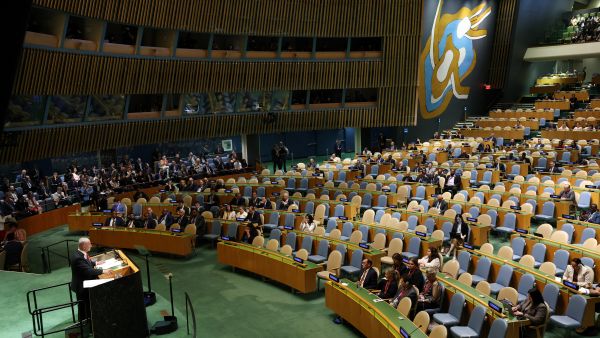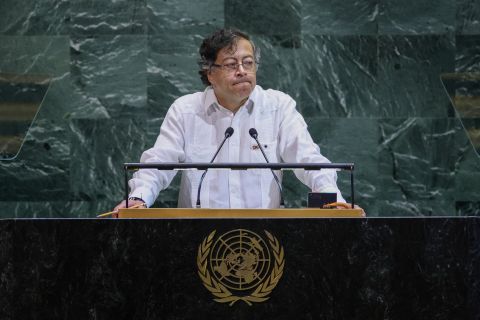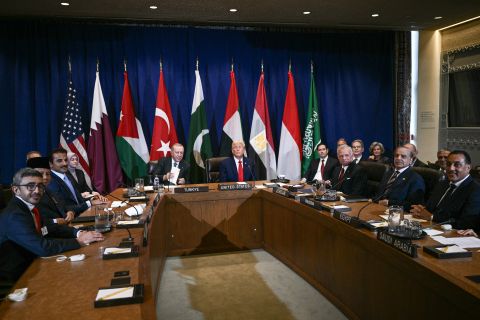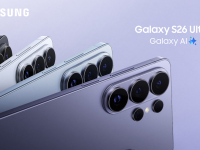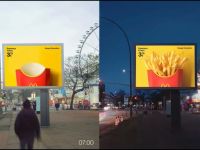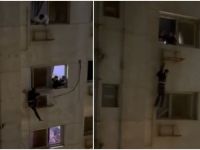ALBAWABA- Israeli Prime Minister Benjamin Netanyahu’s address to the 80th United Nations General Assembly ignited international outrage on Friday after he revealed his speech was broadcast directly into Gaza through loudspeakers, mobile phones, and smuggled devices aimed at Hamas militants and hostages.
Netanyahu defended the move as a show of Israel’s resolve, but critics accused him of engaging in psychological warfare, likening it to Nazi broadcasts forced on concentration camp prisoners.
Dozens of delegates, including envoys from Arab and Islamic states, walked out during Netanyahu’s speech, leaving rows of empty chairs. Representatives from Brazil, Colombia, South Africa, and several other countries also joined the protest in a coordinated walkout.
Later that day, Netanyahu shifted to digital diplomacy, meeting with a group of American influencers. He urged them to amplify Israel’s narrative of self-defense against Hamas and push back against what he called “anti-Israel propaganda” about Gaza’s mounting casualties.
During the meeting, Netanyahu told the influencers that the “weapons of war” have evolved, stressing that social media is now the most critical battleground.
When one attendee raised the issue of automated bots, he interrupted, insisting the real arena is TikTok, which he described as the platform shaping young minds. He also emphasized that Elon Musk and his platform X should be seen as allies of Israel, not adversaries.
Supporters hailed the closed-door session as an eye-opening strategy, while critics denounced it as an attempt to weaponize social media in an already polarized information war.
Analysts note that despite spending billions on global outreach, Israel has largely lost the battle for public opinion, especially among young Americans, most of whom rely on TikTok for news and increasingly express sympathy for Gaza.
U.S. tech restrictions on pro-Palestinian content have further fueled the platform’s centrality in the information war.
According to reports, Washington recently pushed TikTok’s U.S. operations into the hands of Larry Carlson, a major financier of the Israeli military, with plans to reorganize the platform’s algorithms.
In a related incident, Netanyahu also met UAE Foreign Minister Sheikh Abdullah bin Zayed Al Nahyan on the sidelines of the UNGA in New York, who pressed for a permanent ceasefire and renewed diplomacy under the Abraham Accords.
The UAE official warned that continued bloodshed threatens fragile regional ties. Netanyahu acknowledged humanitarian concerns but insisted Hamas must be dismantled before any lasting truce.
In stark contrast, Colombian President Gustavo Petro took his opposition from the UN podium to the streets of New York. Petro, who earlier in the week accused Israel of genocide and urged the UN to deploy armed forces under its “Uniting for Peace” resolution, led thousands of demonstrators in a pro-Palestine march outside UN headquarters.
Linking arms with protesters, he declared his willingness to personally join an “international army” to liberate Gaza. His fiery call drew cheers from the crowd but prompted the U.S. to revoke his visa, citing “reckless incitement.”



